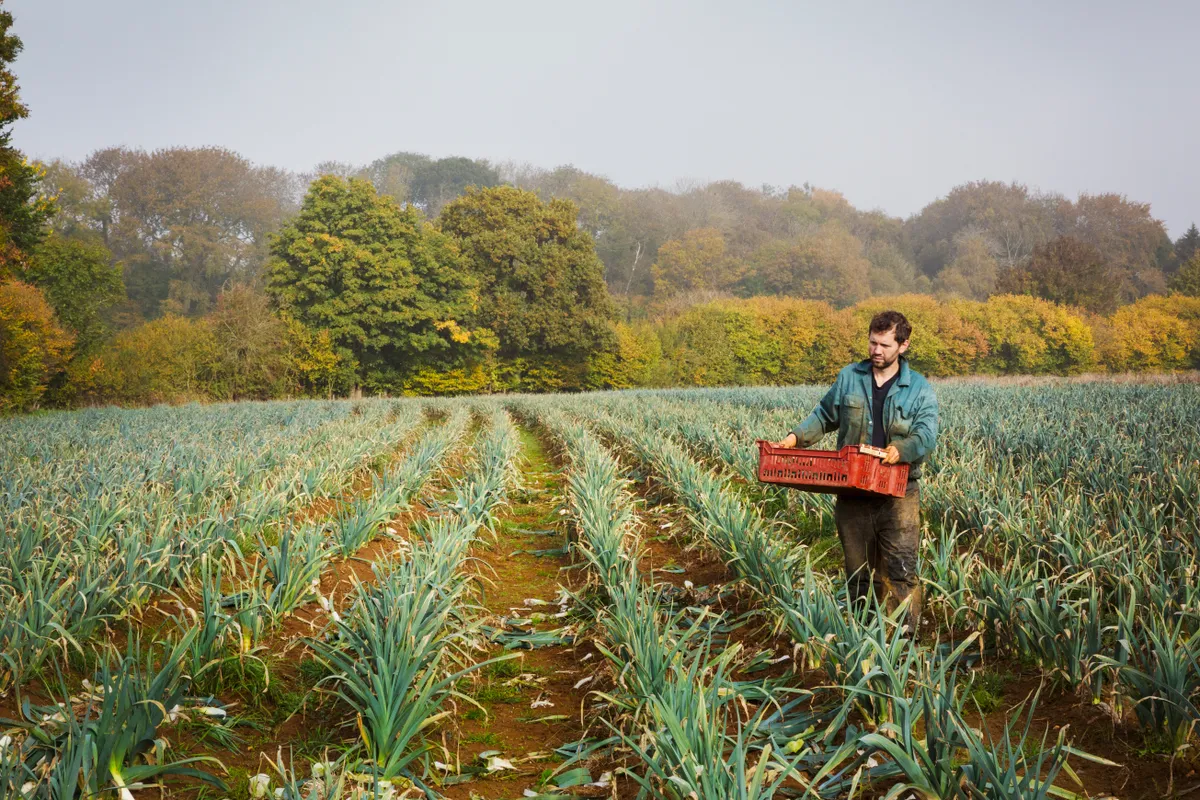A recent nationwide survey has revealed that over 80% of UK farmers are increasingly concerned about the UK farmers climate change impact. From prolonged droughts to sudden floods, the changing climate is taking a toll on crop yields, livestock health, and long-term sustainability.
The study highlights how farmers across England, Scotland, Wales, and Northern Ireland are seeing real-time effects of extreme weather on their daily operations. Many say the situation threatens not only their land but also their financial future.
How Is Climate Change Affecting UK Farmers?
Farmers report a growing list of climate-related challenges. Unpredictable weather patterns have disrupted planting and harvesting schedules. Crops that once thrived now suffer under intense heatwaves or excessive rainfall.
Livestock is also affected, with hotter summers causing heat stress in animals and reducing milk production. Some farmers are now shifting to more resilient crop varieties or investing in water storage systems to adapt.
Clearly, the UK farmers climate change impact is not theoretical—it’s already reshaping how British agriculture functions.
Financial Strain and Mental Health Concerns Rise
The study also found that climate-related disruptions have led to rising costs. Insurance premiums have gone up, machinery repairs are more frequent due to mud and water damage, and feed costs are unpredictable due to market instability.
For many, this has created financial uncertainty. In turn, mental health challenges are on the rise, with farmers reporting stress and anxiety about their future. Support organizations warn that without stronger climate action, the UK farmers climate change impact could trigger an agricultural crisis.
UK farmers Demand Policy Support and Innovation
Despite the difficulties, farmers are not sitting still. Many are adopting sustainable practices, such as cover cropping, regenerative soil techniques, and renewable energy installations. However, they say government support is crucial.
The report urges policymakers to develop climate-resilient strategies, expand funding for green tech in agriculture, and strengthen advisory services. Without this, the UK farmers climate change impact could escalate in the coming years.



